
Criminal Justice at a Glance
DEGREES OFFERED
Criminal Justice B.S.
RELATED PROGRAMS
Political Science Program
Psychology Program
Social Work Program
Urban Studies Program
COLLEGE
DEPARTMENT
Dillard University Criminal Justice Program
Learn a multi-layered discipline that considers the health of communities by studying the court system, law enforcement and corrections. The Criminal Justice program at Dillard provides opportunities for the research of criminology and investigation into ethical criminal procedures on the local, state and federal levels.
Let the Dillard University Criminal Justice program provide you with a pathway into law, policing, corrections, intelligence, education or government in addition to other areas where you can become a leader who helps protect communities.
Center or Racial Justice
The Center for Racial Justice at Dillard University aims to catalyze systemic change in policing practices within communities of color while fostering partnerships with law enforcement agencies, graduate programs, and professional schools. Through lectures, research initiatives, advocacy training, civic engagement, and political involvement, the center serves as a vital resource for advancing racial equity and justice.
Program Contact
School of Social Sciences
2601 Gentilly Boulevard
New Orleans, LA 70122
Ph. (504) 283 – 8822
criminaljustice@dillard.edu
Office Hours:
M-F 8 a.m. – 5 p.m.
Criminal Justice Degrees and Programs
The Dillard University Criminal Justice program provides students with a thorough understanding of how the criminal justice system works and its impact on American citizens.
Bachelor of Arts in Criminal Justice
Embark on your journey towards a Bachelor of Arts in Criminal Justice at Dillard University, where you'll delve into a comprehensive program structured to prepare you for the challenges of the criminal justice field.
With a total of 122 credit hours required for graduation, our program balances essential General Education Core courses with rigorous Major Requirements and Additional Coursework, ensuring a well-rounded education that equips you with the knowledge and skills needed to excel in the field.
As part of our commitment to experiential learning, students will engage in Service Learning opportunities, earning 30 service learning hours upon successful completion of FYS 101 & FYS 102. Additionally, students will participate in Community Service projects, accruing 90 hours by the end of their junior year to foster a deeper connection to the community.
To further enhance writing proficiency, students must complete ENG 111 and ENG 112 with a minimum grade of 'C' to register for the Writing Proficiency Examination (ENG 199). Those who do not pass ENG 199 will enroll in ENG 200 – Review of Writing Strategies (3 credit hours) to strengthen their writing skills.
Introducing Dillard University’s first 100% online degree program! Earn your degree in criminal justice from anywhere in the U.S. from one of the nation’s leading liberal arts universities.
With a legacy of producing world-changing alumni, Dillard offers a bachelor’s degree program focused on today’s most pressing issues to produce the ethical leaders of tomorrow.
In a flexible learning environment, take courses that focus on:
- Cyber crime
- Cultural diversity in criminal justice
- Understanding police brutality
- Politics and criminal justice
- Understanding chemical dependency
- Ethics
- Understanding juvenile delinquency
- Examining terrorism and more
Program Benefits
Enjoy discounted tuition as part of Dillard’s Evening & Weekend Studies program.
Gain access to a network and opportunities to further your career.
Two-year college students, transfer up to 60 credits shortening your journey to earning a bachelor’s degree!
Get access to Dillard’s signature academic support and instructors who treat you as if you matter…because you DO.
Learn from a sought-after media expert in criminology.
Attend virtual events from Dillard’s highly regarded Center for Racial Justice.
Are you a future member of the New Orleans Police Department?
Enjoy the flexibility of the online environment plus 20 police academy credits!
Questions?
Contact Dr. Ashraf Esmail at 504.816.4599 or aesmail@dillard.edu.
Total credits needed to graduate | 122
Earn your Criminal Justice Minor by completing 18 credit hours of coursework, delving into foundational topics such as Introduction to Criminal Justice, Policing in Society, Criminal Law and Procedure, Juvenile Delinquency, The Sociology of Corrections, and Criminology.
Dr. Ashraf Esmail
Coordinator/Associate Professor of Criminal Justice
(504) 816-4701
aesmail@dillard.edu
Dana Gumas
Administrative Specialist, School of Social Sciences
(504) 816-4701
dgumas@dillard.edu
Employment Outlook
 Dillard’s Criminal Justice offers excellent educational opportunities to traditional students and active employees of criminal justice agencies. The Occupational Outlook handbook clearly demonstrates the need for not only more criminal justice professionals, but for better-prepared applicants. Dillard can help you prepare for entry into federal, state, and local criminal justice agencies.
Dillard’s Criminal Justice offers excellent educational opportunities to traditional students and active employees of criminal justice agencies. The Occupational Outlook handbook clearly demonstrates the need for not only more criminal justice professionals, but for better-prepared applicants. Dillard can help you prepare for entry into federal, state, and local criminal justice agencies.
According to the Department of Labor, there are more than 700,000 people employed as police officers, detectives, and special agents in the United States, an additional 803,000 people working in private security, and 282,000 engaged as correction officers. The jobs undertaken by these individuals include general police operations, enforcing the laws in both urban and rural areas, investigating crimes, and working for federal agencies such as the Federal Bureau of Investigation, the U.S. Department of Treasury, the U.S. Customs Service, and the Internal Revenue Service.
Others are employed by private security companies as guards for large and small corporations or industrial complexes. Employment opportunities are also available in the areas of corrections. The Bureau of Labor Statistics predicts growth in all areas of Criminal Justice employment.
Career Options
SOCIAL SERVICES
*Corrections *Counseling *Juvenile Justice *Casework *Administration *Probations & Parole *Victim Advocacy
JUDICIARY AND LAW
*Attorney *Court Reporting *Legal Assistance *Legal Research *Administration
LAW ENFORCEMENT
*Patrolling *Investigating *Forensics *Probation *Security
BUSINESS
*Private Security *Consulting *Investigating *Systems Integration *Global Intelligence *Private Investigation *Internet Security *Loss and Prevention
EDUCATION
*Teaching *Research
Learn more about the admissions process and get started today.

